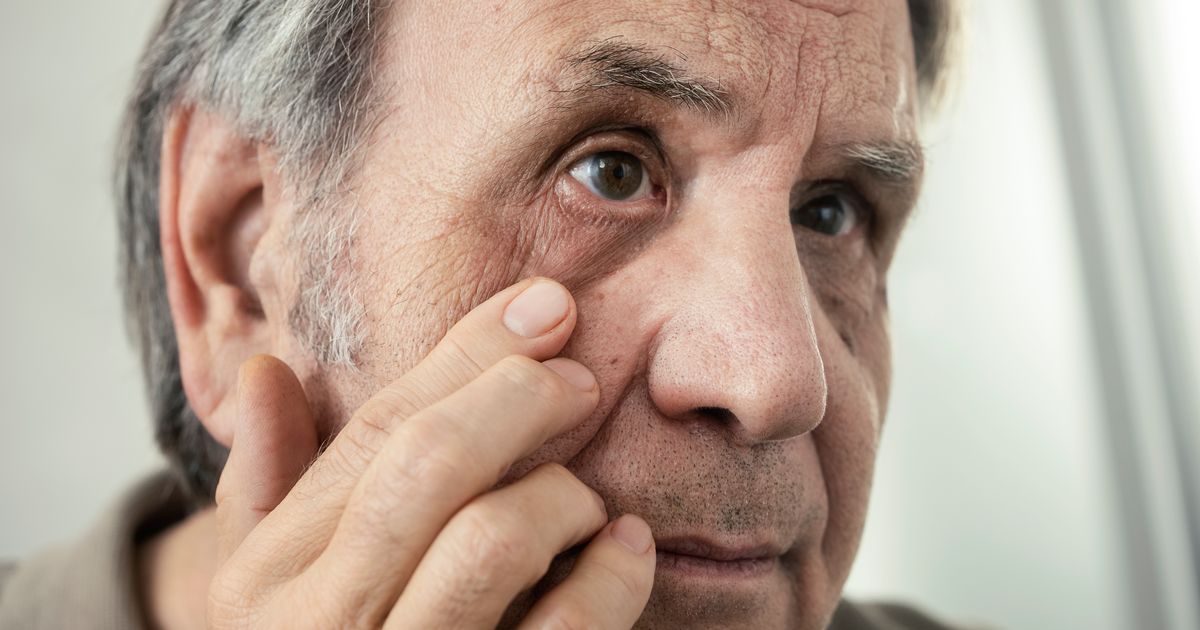Two in five Brits (41%) feel their quality of life is being impacted – by problems with their eyes, research has found.
A survey of 2,000 adults found that exactly a fifth have felt some sort of discomfort, or noticed a sudden change to their vision, during the past 12 months.
But of these, 20% have yet to get this checked out, despite the issues still persisting – while 35% waited to see if the problem would go away on its own, before seeking advice from a specialist.
Almost two-thirds (62%) say their fear of needing corrective surgery for their vision has delayed them getting their eye health checked out.
But four in ten simply feel their eyesight is “good enough to get by” – meaning they are turning a blind eye to potentially serious problems.
It also emerged that just 7% claim to have a good understanding of what different eye conditions entail – with 39% unfamiliar with what glaucoma is.
Furthermore, 79% are unaware of what diabetic retinopathy is, and 62% wouldn’t be able to recognise the signs of age-related macular degeneration.

The research was commissioned by Newmedica, the specialist eye clinic for NHS and private patients, as a part of National Eye Health Week (18-24 September).
Nigel Kirkpatrick, the medical director for the clinic, which offers treatment for conditions such as cataracts, glaucoma, and age-related macular degeneration, said: “It is critical to address any concerns or symptoms related to your eyes immediately.
“A delay can have serious consequences, particularly when it comes to conditions such as cataracts and glaucoma.
“Our eyes play an irreplaceable role in our daily lives. This is why we urge people to not neglect eye conditions, because they not only jeopardise their vision, but also impact their overall quality of life.
“There are lots of options available for all kinds of serious eye-health conditions, and intervention can be life-changing for those struggling with poor vision.
“Many patients are able to regain independence denied to them by failing sight, as well as enjoying new opportunities with family and friends, continuing with employment, or resuming their hobbies.”
Source: Read Full Article
